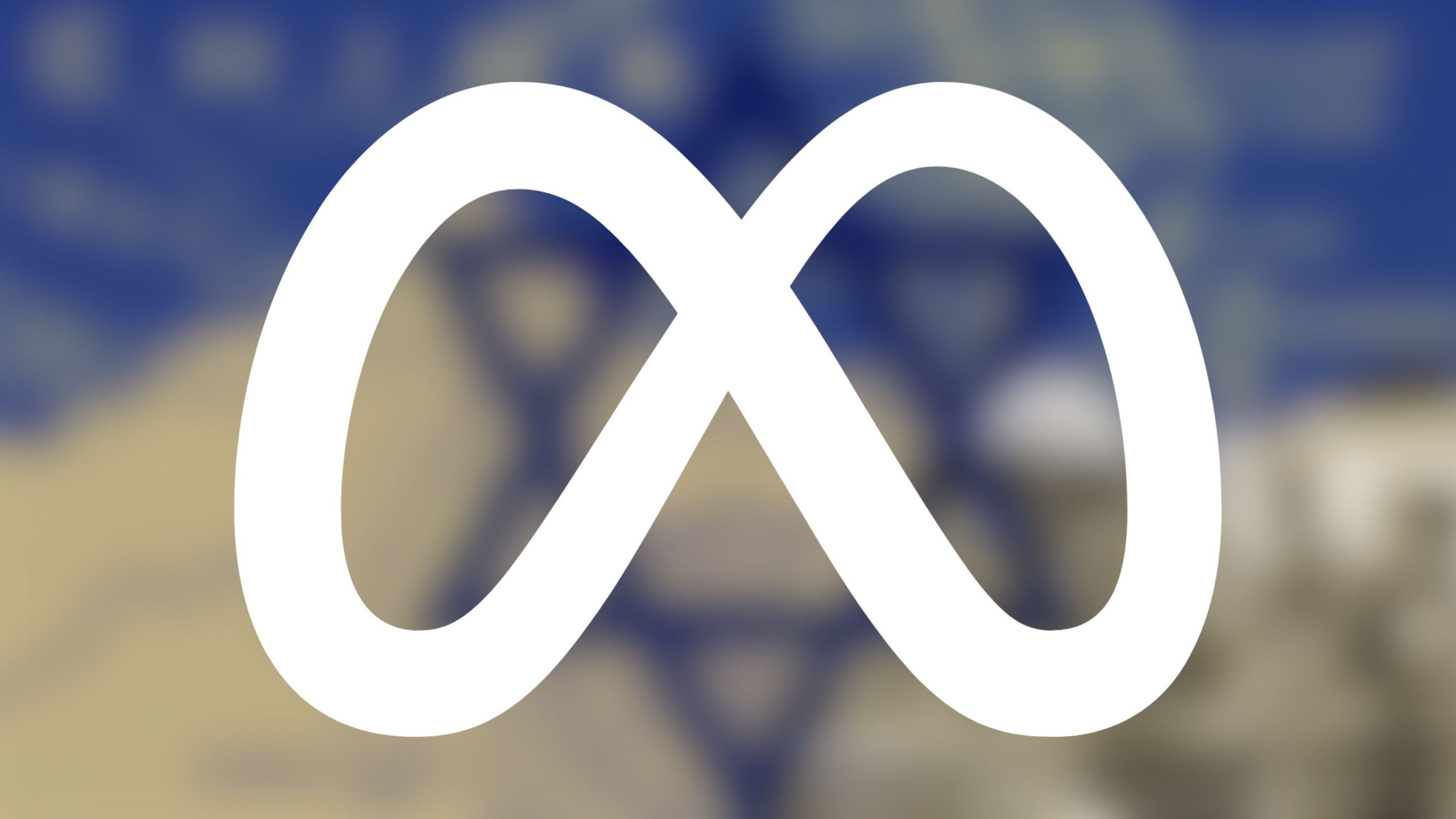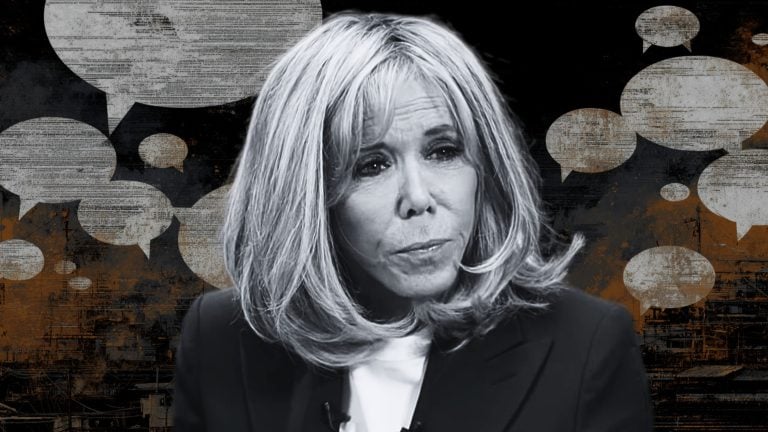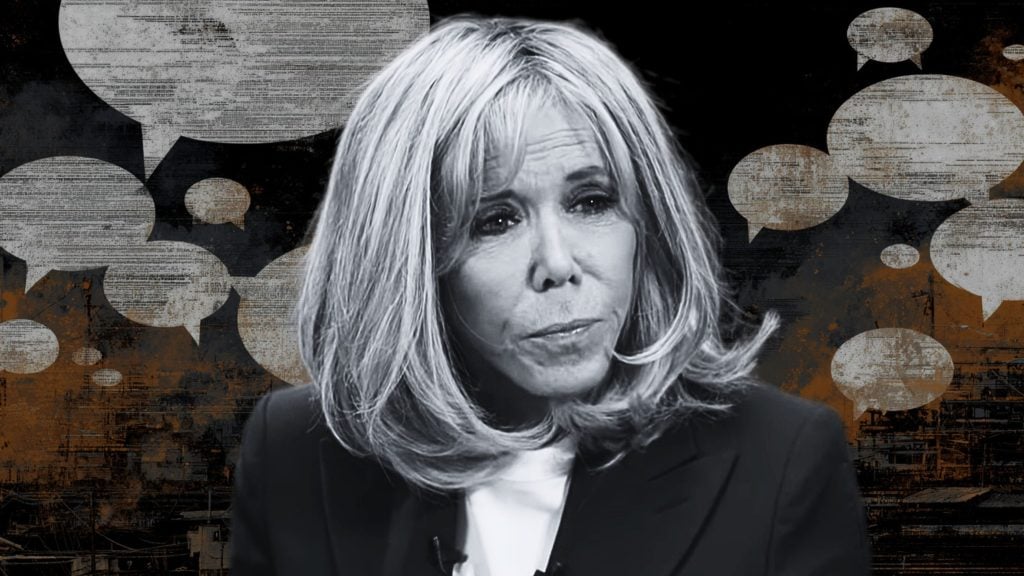Meta, the owner of both Facebook and Instagram, has taken a further stance in censoring content that uses the term “Zionists,” particularly in a way that conflates the term with Jewish or Israeli identities.
Previously, the term was tightly regulated only in very explicit instances. However, the revised guidelines now include a broader array of phrases where neither “Jew” nor “Israeli” are specifically mentioned, signaling a significant shift in policy.
The impetus for this policy enhancement came in the aftermath of the attack by Hamas on Israel on October 7, 2023. This event has catalyzed several changes in Meta’s content moderation practices.
In defining “Zionist” usage, Meta acknowledges the complexity of the term, which is often employed in political discourse about Israel and its policies. While Zionism is historically linked to the Jewish movement advocating for a sovereign state in the Middle East, Meta is arguing that its current usage on social platforms can sometimes extend to implicit or explicit antisemitism and has expanded its censorship policies.
According to a blog post from Meta, content that attacks “Zionists” under antisemitic pretenses will now be removed. This includes insinuations of global control or comparisons to animals.
Meta announced that it is also waiting on its Oversight Board to offer guidance on whether to allow comparisons between proxy terms for nationality (including Zionists) and criminals (e.g., “Zionists are war criminals.”).
The World Jewish Congress (WJC) has applauded Meta for its decision to treat the inappropriate usage of the term “Zionist” as a substitute for “Jews” as antisemitic Tier 1 “hate speech.”
World Jewish Congress President Ronald S. Lauder stated, “Meta’s decision is a much-needed advancement in our ongoing fight against online antisemitism and hatred. By recognizing and addressing the misuse of the term ‘Zionist,’ Meta is taking a bold stand against those who seek to mask their hatred of Jews.”
“We appreciate that Meta has truly listened to the voices of Jewish communities that we work with. This policy change will help create a safer, more respectful online environment for everyone. I hope all other platforms will follow Meta’s leadership and take similar action,” added Lauder.
Prior to the policy revision, 73 groups formally expressed their concerns to Meta through a letter. They argued that expanding the policy could improperly label discussions on Zionists—and consequently, Zionism—as inherently antisemitic. They emphasized that equating “Zionist” with antisemitism could mistakenly merge legitimate critiques of Israeli government actions with hate speech.
“This move will prohibit Palestinians from sharing their daily experiences and histories with the world, be it a photo of the keys to their grandparents’ house lost when attacked by Zionist militias in 1948, or documentation and evidence of genocidal acts in Gaza over the past few months, authorized by the Israeli Cabinet, which includes members of the Religious Zionist Party,” the letter read. “And it would prevent Jewish users from discussing their relationships to Zionist political ideology.”










